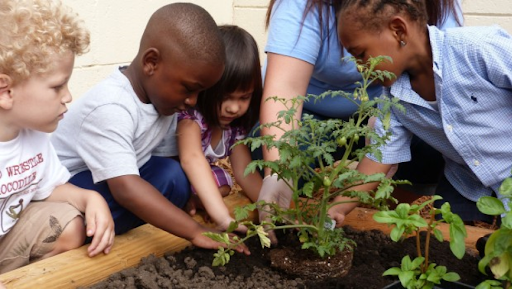
Personalize Your Plate: Grow What You Eat!
Catherine Wills
Assistant Garden Specialist

March is National Nutrition Month! During this month, everyone is encouraged to learn about making informed food choices and developing healthy eating habits. This year’s theme is “Personalize Your Plate.” We are all unique with different bodies, goals, backgrounds, and tastes. We can continue to personalize our plates by growing our favorite fruits, vegetables, and herbs. In celebration of National Nutrition Month, here are some fruits, vegetables, and herbs that you can grow to personalize your plate!
Carrots
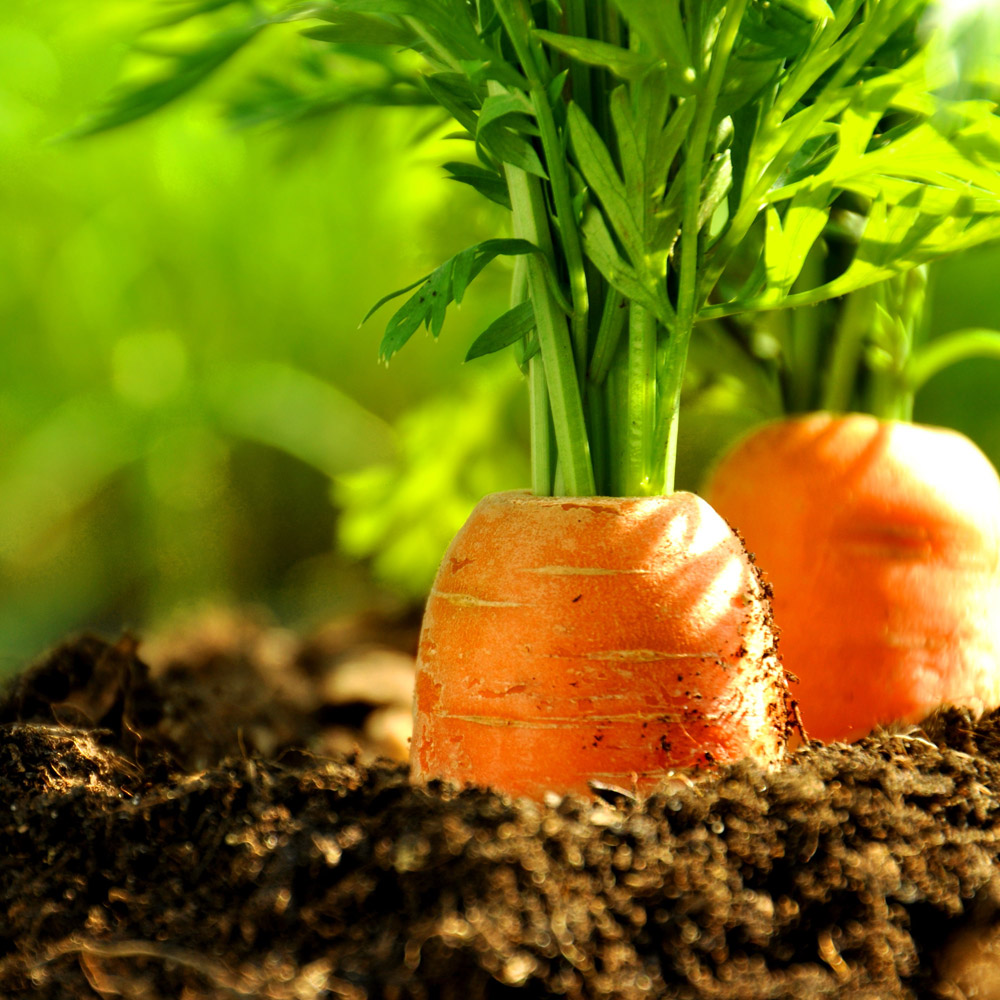 Planting carrots can be easy and rewarding. Carrots can be planted in early spring or late summer. When planting carrots, it is best to sow the seeds directly into amended soil that has been amended with organic material, such as compost. In about 80, days you’ll have incredible carrots in a wide array of colors and sizes to enjoy!
Planting carrots can be easy and rewarding. Carrots can be planted in early spring or late summer. When planting carrots, it is best to sow the seeds directly into amended soil that has been amended with organic material, such as compost. In about 80, days you’ll have incredible carrots in a wide array of colors and sizes to enjoy!
Carrots provide a lot of vitamins and nutrients, including vitamin A and C. Vitamin A keeps our eyes working, our immune system strong, and our cells growing. Vitamin C keeps our immune system strong and helps our bodies heal quickly.
Work carrots into your meals. Start by trying this recipe for a yummy carrot salad. This salad is tart and savory and works as a slaw or as a snack. Carrot Salad Recipe
Peppers
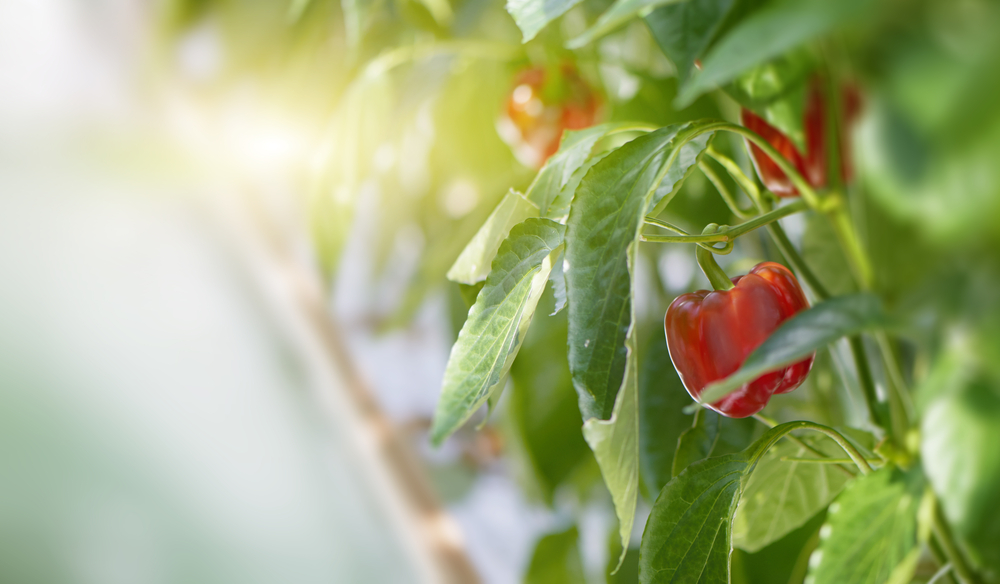 You won’t be disappointed when you grow peppers! Peppers grow best in the summer months. When planting peppers, sow the seeds inside and transplant the seedlings into amended soil when the plant is strong enough. Peppers are typically ready to enjoy around 80 days after transplanting them into the ground.
You won’t be disappointed when you grow peppers! Peppers grow best in the summer months. When planting peppers, sow the seeds inside and transplant the seedlings into amended soil when the plant is strong enough. Peppers are typically ready to enjoy around 80 days after transplanting them into the ground.
Peppers also provide a lot of vitamins and nutrients, including B vitamins, vitamin K, and fiber. B vitamins help our cells grow and stay healthy. Vitamin K helps our bodies heal quickly. Fiber helps with healthy digestion and keeps us feeling full. Eating enough fiber has been shown to keep our hearts healthy, too.
Looking for a creative way to use your peppers? Try this recipe for roasted peppers. These flavorful roasted peppers are stored in a jar and can be used on sandwiches, in pasta, or just for munching. Roasted Peppers Recipe
Basil
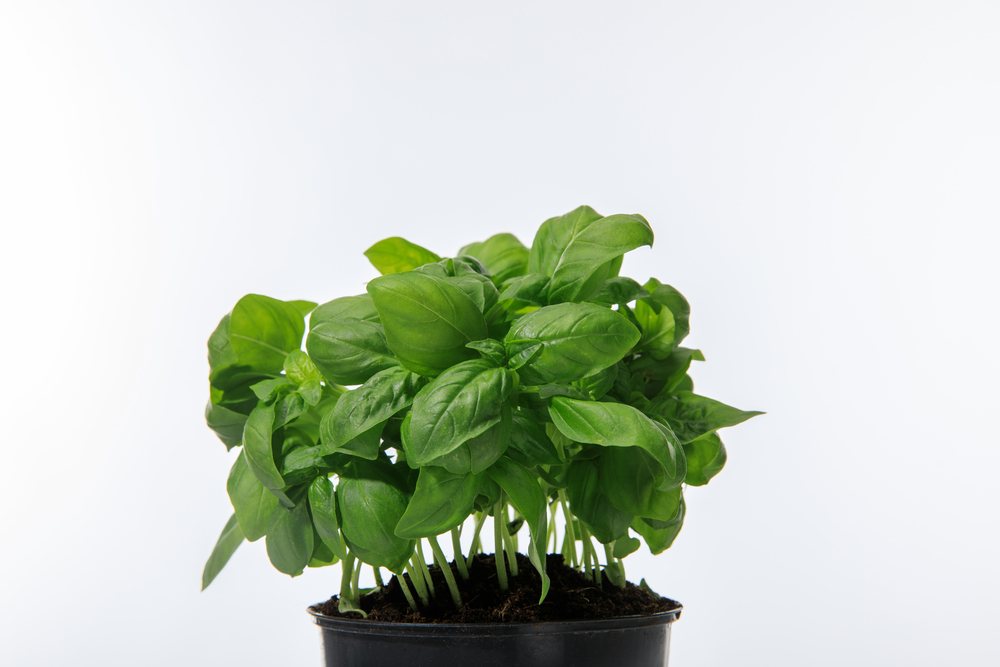 One of the easiest herbs to grow is basil. Basil typically is grown in the spring and summer months and can be directly planted into amended soil. In 30 days, you can enjoy an endless supply of basil leaves until frost.
One of the easiest herbs to grow is basil. Basil typically is grown in the spring and summer months and can be directly planted into amended soil. In 30 days, you can enjoy an endless supply of basil leaves until frost.
Basil provides nutrients, such as calcium and magnesium. Calcium helps form and maintain healthy teeth and bones. Magnesium helps with muscle and nerve function, blood sugar levels, and blood pressure.
Want to introduce basil into your family’s diet? Try this tasty pesto pasta, sure to be a favorite with the kids and the adults: Pesto Pasta Recipe
Growing Tips
 When planting fruits, vegetables, and herbs, it is important to remember these tips:
When planting fruits, vegetables, and herbs, it is important to remember these tips:
- Plants need well-drained, nutrient-rich soil. Adding compost to your soil will enhance and provide more nutrients to the soil.
- Spacing is important when planting. Think about the size your plant will mature to when you plant seeds. Check the planting instructions on your seed packet before planting.
- Make sure your seedlings and plants have access to 6-8 hours of sunlight.
- Watering is essential for growing plants. Here’s some more information about watering your plants. For more sustainable watering, consider collecting water.
- Remember, some plants do better when it’s hot and others when it’s cold. Make sure to protect your plants from extreme temperatures.
Looking for more resources about growing your own food? The Poe Center offers a wide range of gardening resources:
- Visit the Poe Center’s online interactive garden. The Poe & Grow Garden is a beautiful illustration of seasonal gardening. Click through the various images to learn more about building and caring for your own garden.
- Follow the Poe Center’s weekly nutrition and physical activity tweet series, #PoeFit. Each week, Poe’s expert health educators offer simple tips and information on gardening, eating healthy, and staying active.
- Watch the Poe Center’s mini-lessons on home gardening. Short how-to videos are available here.
- Plan a program in the Poe Center’s onsite teaching garden. Complete with raised beds, accessible paths, a gorgeous teaching mural, and a new apiary, the GrowWELL Garden programs focus on connections between edible gardening and nutrition while students learn about growing fruits and vegetables, why pollinators matter, how to compost, and the science of plants.
Resources:
Nation Nutrition Month
NC Planting Guide
Eat Fresh – Discover Foods
Chop Chop Recipes
Poe Garden Resources
NC State Vegetable Gardening: A Beginner’s Guide
National Gardening Association
Featured Poe Video: Making Roasted Veggies
So many beautiful, nutritious vegetables grow in North Carolina soil. Maybe you’ve harvested veggies from your garden or a community garden, or maybe you’ve taken a trip to the farmers’ market or grocery store. No matter where you get your veggies, this recipe for roasted veggies is a classic easy way to prepare any vegetable. Vegetables come out of the oven flavorful, bright, and make a perfect addition to any meal. Learn how with Poe Center health educator Kristie:
Featured Poe Program: Eat the Rainbow
Participants: 3rd – 8th grades
Program Length: 45 – 60 min
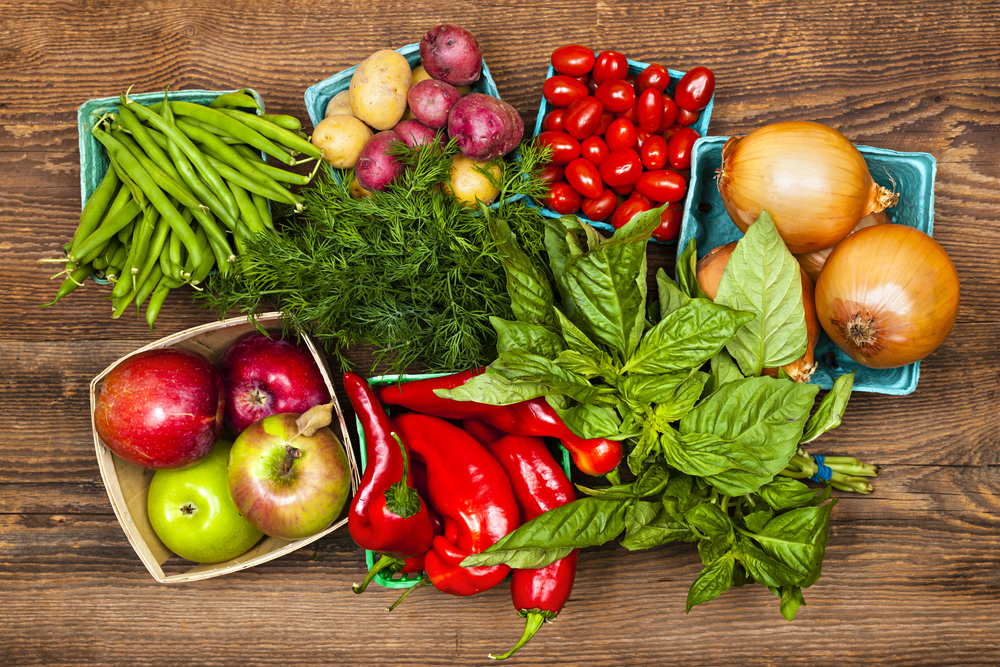 Students will learn how fruits and vegetables provide varied nutrients for their bodies. Additionally, they will discover how each color relates to a different nutritional benefit using the scientific concept of phytonutrients (pigments responsible for the color of fruits and vegetables) and how this concept connects to their broader lives. This is an interactive experience, as students will engage and work in pairs through a series of group learning activities.
Students will learn how fruits and vegetables provide varied nutrients for their bodies. Additionally, they will discover how each color relates to a different nutritional benefit using the scientific concept of phytonutrients (pigments responsible for the color of fruits and vegetables) and how this concept connects to their broader lives. This is an interactive experience, as students will engage and work in pairs through a series of group learning activities.Meets Essential Standards: Grades 3 – 5: 3.NPA.2.1, 3.L.2, 4.L.2, 5.L.2; Grades 6 – 8: 6.L.1, 6.L.2, 8.L.5
Programs can be presented online and are great for youth and family groups to participate from home. Call (919) 231-4006 for details.
